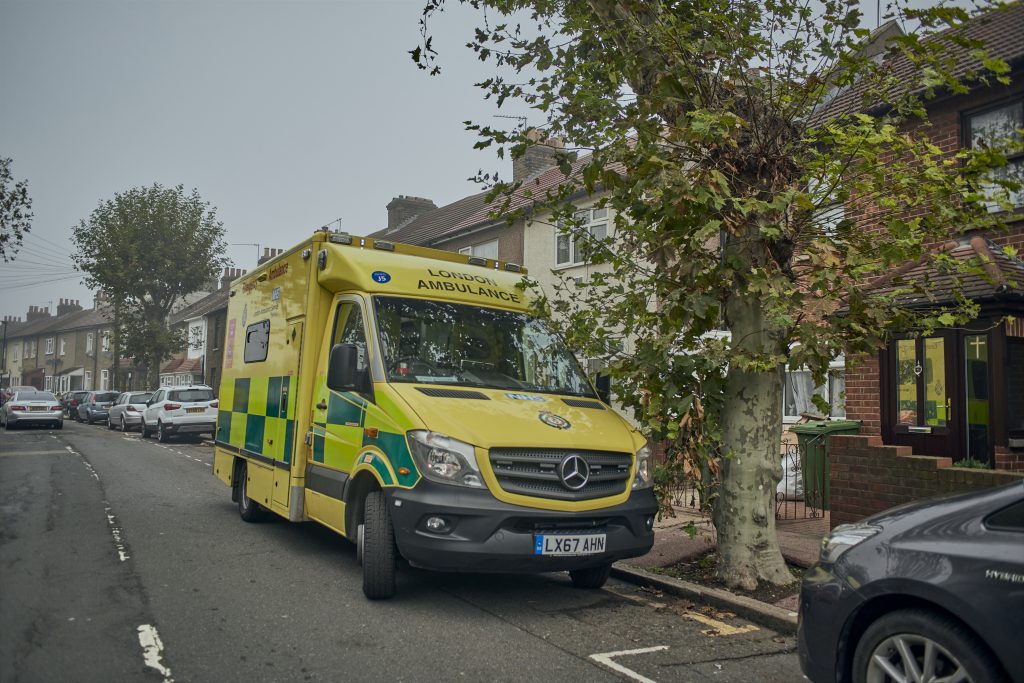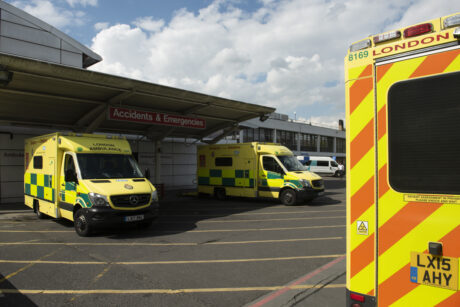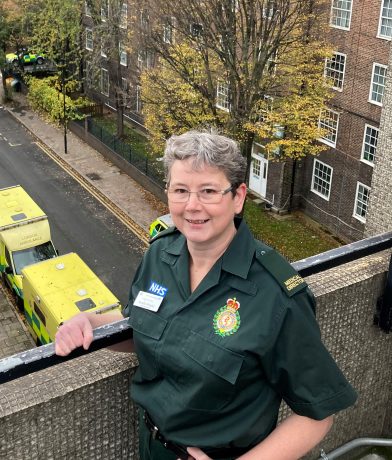Pioneering London Ambulance Service trial hailed as one of most important heart studies of 2023
Ground-breaking research which found the majority of people whose hearts have stopped have the same chance of surviving if taken to the nearest hospital rather than a specialist cardiac arrest centre has been hailed one of the most important studies of last year.

The ‘Arrest’ trial was named one of the four most important trials in the world relating to cardiac care in 2023 according to the Resuscitation Journal, the official journal of the Europe’s 32 national Resuscitation Councils.
The trial found taking certain cardiac arrest patients to nearest emergency department – as LAS had been doing – was as important as getting to a specialist cardiac hospital. This was good news as it meant not all cardiac arrest patients needed immediate specialist intervention but a period of stabilisation in a normal hospital.
However, patients experiencing a specific type of cardiac arrest known as ‘STEMI’– where an electrocardiogram (ECG) can detect a blockage of the artery supplying the heart – do benefit going straight to a heart attack centre which is current practise.
Dr Fenella Wrigley MBE, Deputy Chief Executive and Chief Medical Officer for the London Ambulance Service on the ground breaking trial said:
“I’m very proud this has been recognised as a world class piece of research. This trial was extremely complex but allowed us to prove that we were providing our cardiac patients with the care that would give them the best possible outcome.

“Our commitment to developing and hosting research studies, means we are improving emergency medical care and outcomes in not just in London and the UK but worldwide.”
The Arrest trial was run by London Ambulance Service in collaboration with King’s College London and the London School of Hygiene and Tropical Medicine.
It involved 616 London Ambulance Service clinicians, 860 patients and 35 hospitals across London. It took 10 years from inception to completion with a period during the COVID pandemic when, like much research, the trial was temporarily halted. .
It compared outcomes for patients being taken directly to one of seven Cardiac Arrest Centres in London to those who were taken to the nearest A&E. Arrest was the first randomised trial in the world to answer this question.
It was already known patients having a STEMI heart attack benefitted from specialist hospitals. It was reasonable to assume that all patients who suffered a cardiac arrest would benefit from specialist intervention but there was no clear evidence of benefit when the patient did not have a STEMI.
The trial was made possible thanks to a generous research grant from the British Heart Foundation.

Follow us on social media: